When Beyoncé dropped her Renaissance album in 2022, fans noticed the use of a sample of Kelis’ iconic “Milkshake” in the song “Energy.” Kelis took to social media to express her displeasure, saying that she was “insulted” and “blindsided” by the use of her work. Her main issue was not with Beyoncé herself, but with Pharrell, who produced and co-wrote “Milkshake” while she was signed to The Neptunes’ production company. Kelis argued that she should have been consulted or at least informed before using the sample.
Pharrell’s Explanation
In a recent interview, Pharrell broke his silence on the matter, shedding light on the intricacies of music rights and ownership. He explained that when Kelis released and popularized “Milkshake,” she did not own the composition or production rights to the song. As the producer and co-writer of the track, Pharrell, along with Chad Hugo, owns the master recording and publishing rights to the song.
“‘Milkshake’ is a song that I co-wrote and produced for Kelis, but legally, the rights to that song belong to me and Chad [Hugo],” explained Pharrell. “When you work in the industry, there are agreements that state who owns it, and unfortunately, Kelis does not own the composition or publishing rights. So, legally, we did not need her permission to clear the sample.”
Related Post: Former Danity Kane Member Dawn Richard Files Lawsuit Against Diddy — Claims of Brutality, Sexual Abuse & Manipulation
The Power Dynamics at Play
Pharrell also addressed the power dynamics found in the music industry, acknowledging that artists like Kelis, who were signed to major labels early in their careers, don’t always have full control over their own work.
“When we were all coming up, we signed the contracts that were given to us,” Pharrell said. “It wasn’t personal against Kelis — it’s just how the industry works. I understand that she’s hurt, and I don’t want to deny her feelings, but from a legal standpoint, we were within our rights to clean up that sample.”
The Aftermath
Despite Pharrell’s explanation, the situation has left a sour taste in the mouths of many fans, who believe the controversy reflects deeper issues in the music industry — specifically the lack of ownership and control that many artists, especially women and artists of color, feel over their work.
For her part, Kelis has remained relatively quiet since Beyoncé’s decision to remove the “Milkshake” sample from “Energy.” However, her initial outburst highlighted the frustration many artists experience when their work is used without their knowledge or consent, even if they don’t own the legal rights to the song.
Beyoncé’s Response
Beyoncé, who initially included the sample in good faith, removed the “Milkshake” interpolation from “Energy” shortly after Kelis’ complaints surfaced. While Beyoncé did not make a public statement, the decision to withdraw the sample speaks volumes about her desire to respect other artists, even if legal obligations do not require such action.
Conclusion
Pharrell’s recent comments have shed light on the complex world of music rights and the difference between emotional ownership and legal ownership of songs. While Pharrell was within his rights to clean up the “Milkshake” sample without Kelis’ permission, the situation has sparked an important conversation about respect, transparency, and the power dynamics that govern the music industry. As the dust settles, it’s clear that while Pharrell’s revelation provides clarity, the broader debate surrounding artist rights and ownership is far from over.
Read Next: Congrats Mama Bear! Cardi B Reveals She Welcomed Her Third Child!
FAQs
Pharrell explained that he and Chad Hugo own the rights to “Milkshake” because they co-wrote and produced it. Kelis doesn’t have the publishing or composition rights, so Pharrell said he was legally entitled to allow Beyoncé to use the sample without asking Kelis.
Kelis said she felt “blindsided” and “insulted” because no one told her about the sample before the song came out. Even though she didn’t own the rights, she felt that as the voice behind the hit, she should have been included in the conversation.
After Kelis spoke, Beyoncé quickly removed the “milkshake” interpolation from “Energy.” She did not issue a public statement, but fans saw her move as a sign of respect for Kelis and other artists in similar situations.
The drama highlights a major problem facing many artists: not owning their own music. It has sparked online discussions about contracts, publishing rights, and how much creative control singers — especially women and artists of color — actually have over their work.

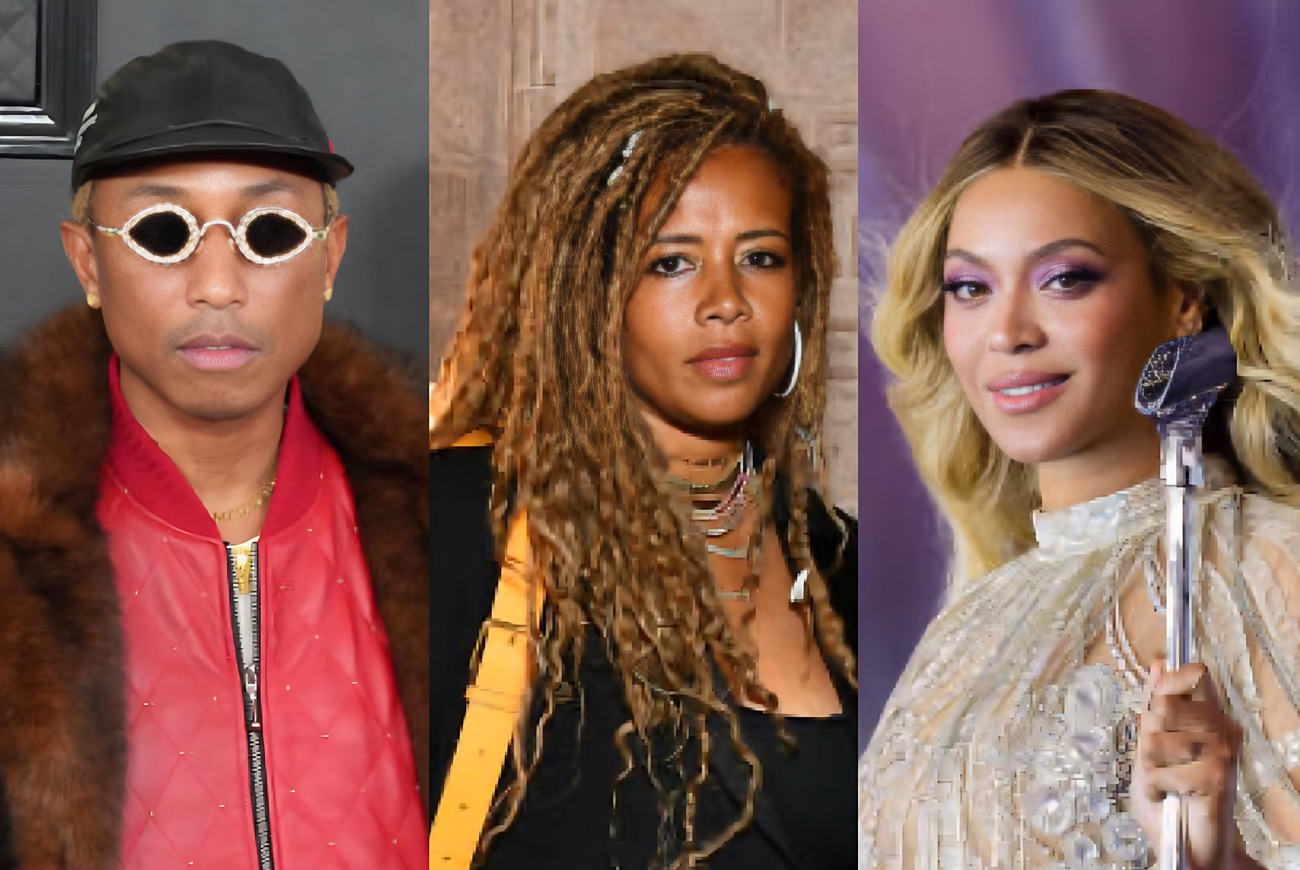
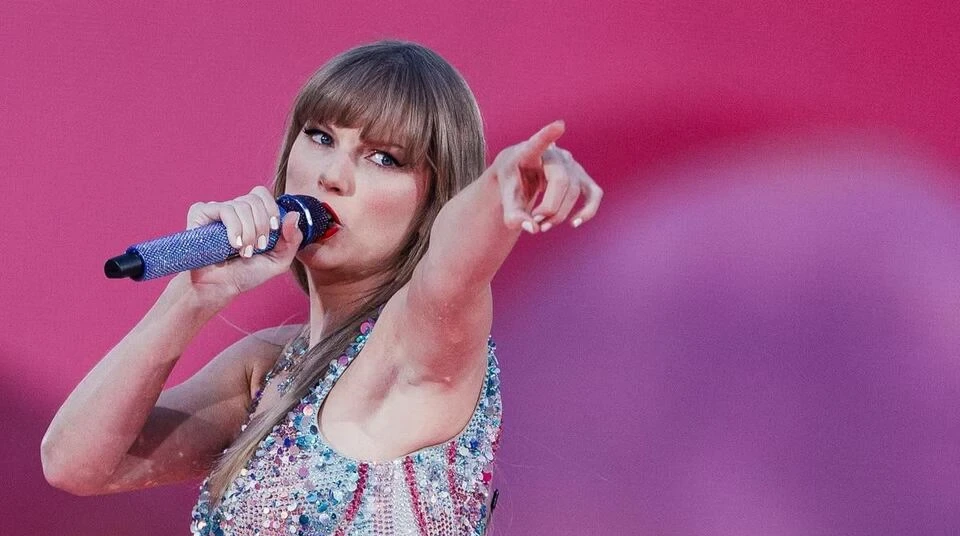

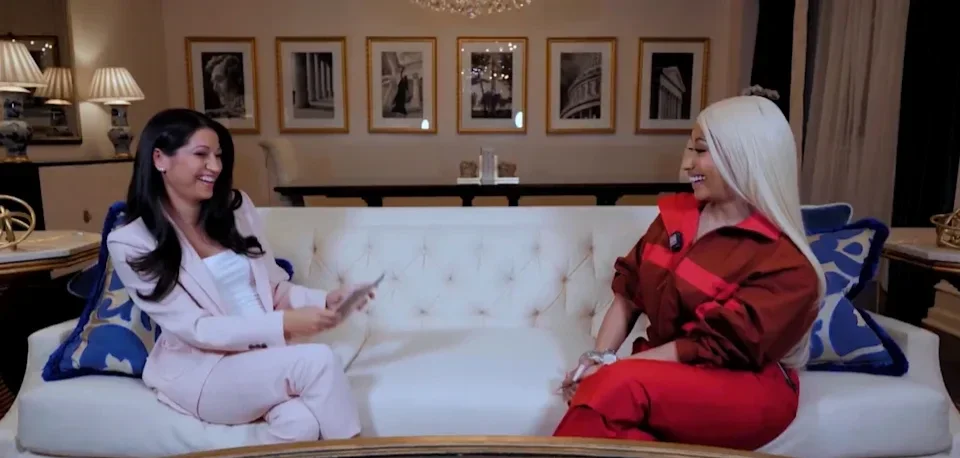

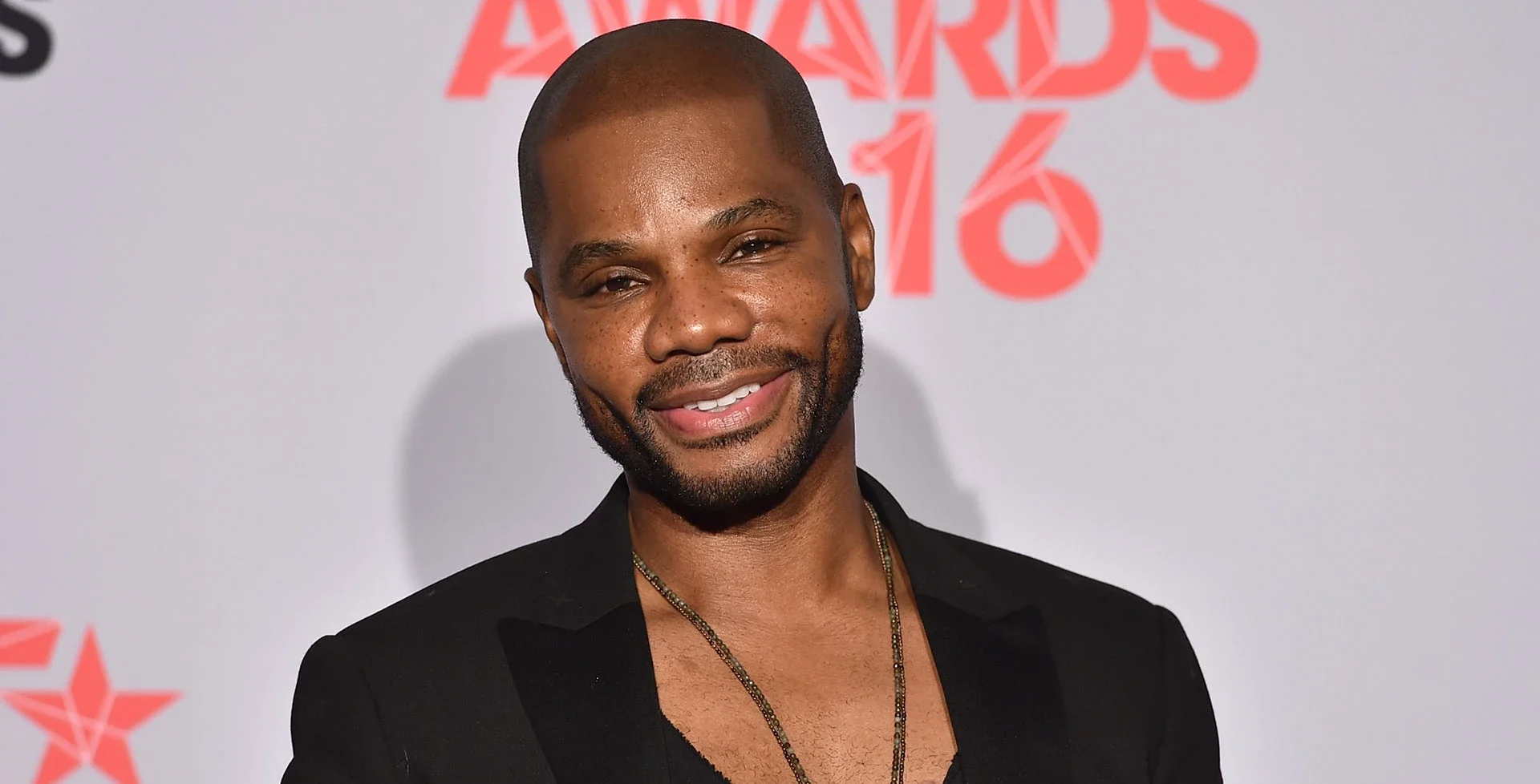
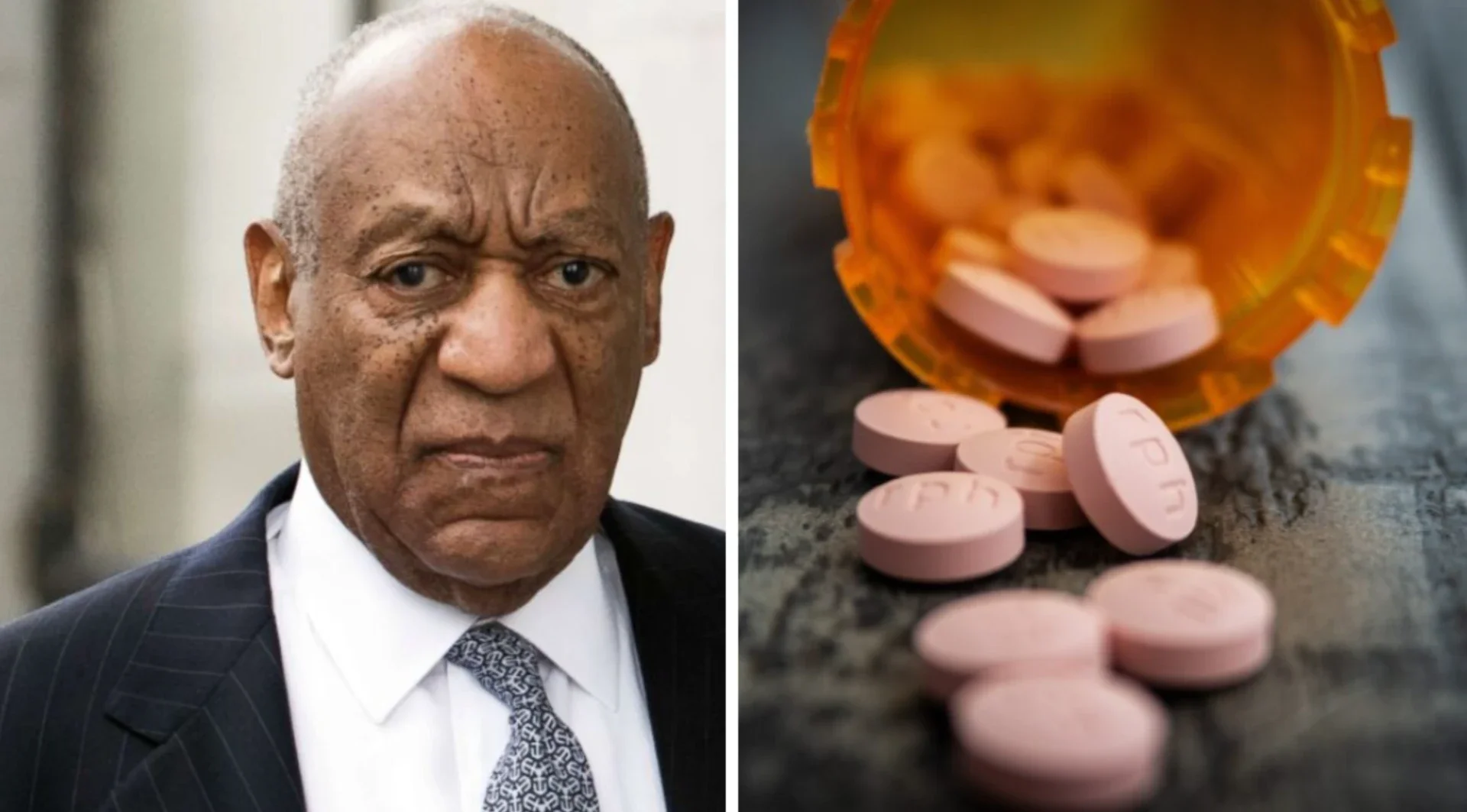
Comments